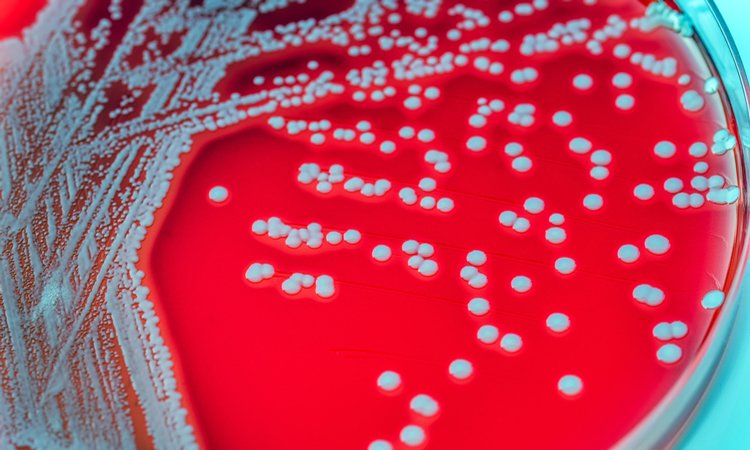Researchers discover potent new antimicrobial molecule
Posted: 25 November 2019 | Victoria Rees (Drug Target Review) | No comments yet
A compound that has antimicrobial properties has been found by researchers, which could be used to combat drug-resistant infections.


A potent antimicrobial which can combat the toughest of infectious disease strains has been discovered. According to the researchers, their findings could be used in the development of new therapeutics to fight drug-resistant infections.
The researchers screened about 45,000 small molecules to discover a new bioactive antimicrobial”
The study, conducted at McMaster University, Canada, uncovered a method to tackle Staphylococcus aureus diseases, which are commonly known as staph infections and are the leading cause of the growing global danger of antimicrobial resistance.
“This antimicrobial has a very exciting mode of action, kind of like hitting many birds with one stone,” said Eric Brown, senior author and a professor of biochemistry and biomedical sciences at McMaster. “This provides a promising starting point.”
The researchers screened about 45,000 small molecules to discover a new bioactive antimicrobial they called MAC-545496. Unlike conventional antibiotics, this molecule neither kills the staph infection nor halts its growth on its own, so the potential for antimicrobial resistance may be considerably lessened.
Instead, MAC-545496 disarms staph infections from an important protein called GraR. This protein diminishes the infection’s ability to tolerate the hostile components of the immune system and blocks the bacterium’s capacity to resist the action of several front-line antibiotics.
First author Omar El-Halfawy, a postdoctoral fellow of biochemistry and biomedical sciences at McMaster, added: “Although it will be a long road between this discovery and clinical use, we feel we’re expanding our arsenal for combatting drug-resistant staph infections.”
The results were published in Nature Chemical Biology.
Related topics
Antibiotics, Antimicrobials, Drug Targets, Microbiology, Research & Development, Screening, Small molecule
Related organisations
McMaster University
Related people
Eric Brown, Omar El-Halfawy


